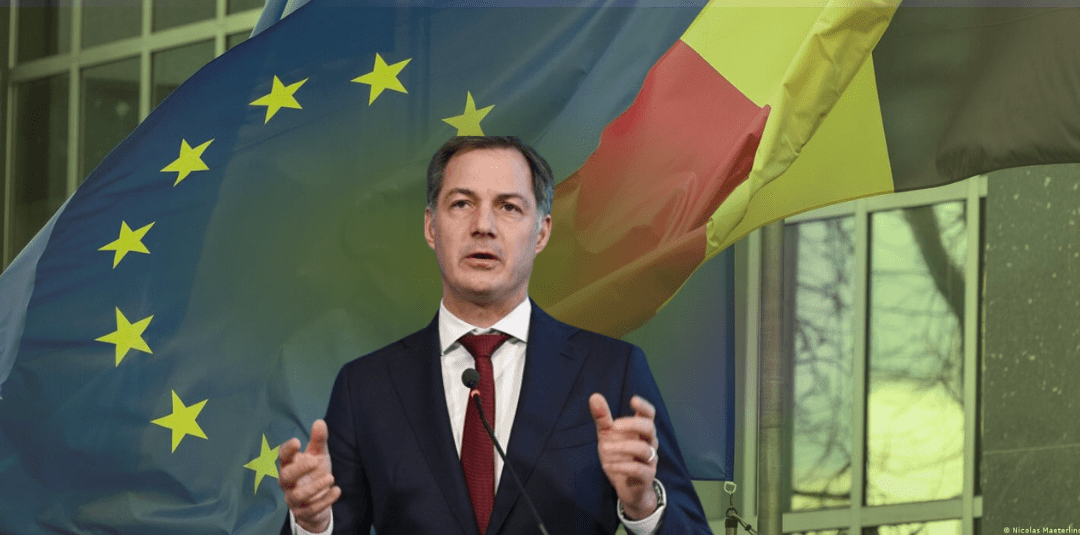Next month, the term of the Kingdom of Belgium's presidency of the Council of the European Union ends, coinciding with the upcoming European elections.
What achievements should be noted in a brief summary?
The presidency of the Council of the European Union is rotational and is held by each member state in turn. It involves directing the Council’s work on EU legislation, ensuring the continuity of the EU’s work, managing legislative procedures, and fostering cooperation among member states. The Council of the European Union—a treaty body—collaborates with elected members of the European Parliament and the European Commission through its presidency, which primarily performs mediatory functions.
The period of the Belgian presidency, from January 1, 2024, to June 30, 2024, coincided with the ongoing war in Ukraine and the 20th anniversary of the accession of nearly a dozen countries to the EU, including Poland. The goals of the presidency, intended to bring about a new impetus for change, included: defending the rule of law, democracy, and unity; enhancing competitiveness, achieving a fair ecological transition, strengthening the EU’s social and health program; protecting people and borders; and promoting the global dimension of Europe.
These priorities can be found on the social media of the Belgian presidency.
The highlight of Belgium’s six-month presidency was the extraordinary meeting of leaders within the European Council, held from April 17 to 18, 2024. During this meeting, the Council of the European Union was called upon to implement an aid plan for Ukraine by providing equipment and ammunition to the front. The conclusions of the meeting addressed the need to gather heads of state in the country holding the presidency, an event which had not previously taken place in Brussels during this heated legislative period.
Did the measures adopted for wartime overshadow the socio-economic situation in Europe? Not necessarily, as at the end of the presidency, it was possible to vote on the important Migration Pact for Western Europe, adopt the Artificial Intelligence Act (a regulation of the European Parliament and Council), and a directive on improving working conditions through online platforms. Although these legal acts are not yet binding, as they have not been published in the Official Journal of the European Union, they were adopted between March and May of this year. It is hoped that they will be implemented in the next presidency—Hungarian. We will continue to monitor and present the results of the current leadership in the EU on our websites.
Sources:
1) https://www.consilium.europa.eu/pl/council-eu/presidency-council-eu/– Accessed: 19.05.24.
2) https://belgian-presidency.consilium.europa.eu/en/programme/priorities/ – Accessed: 19.05.24.
3) https://www.pb.pl/dodatkowy-szczyt-na-wniosek-belgii-1213599 – Accessed: 19.05.24.

